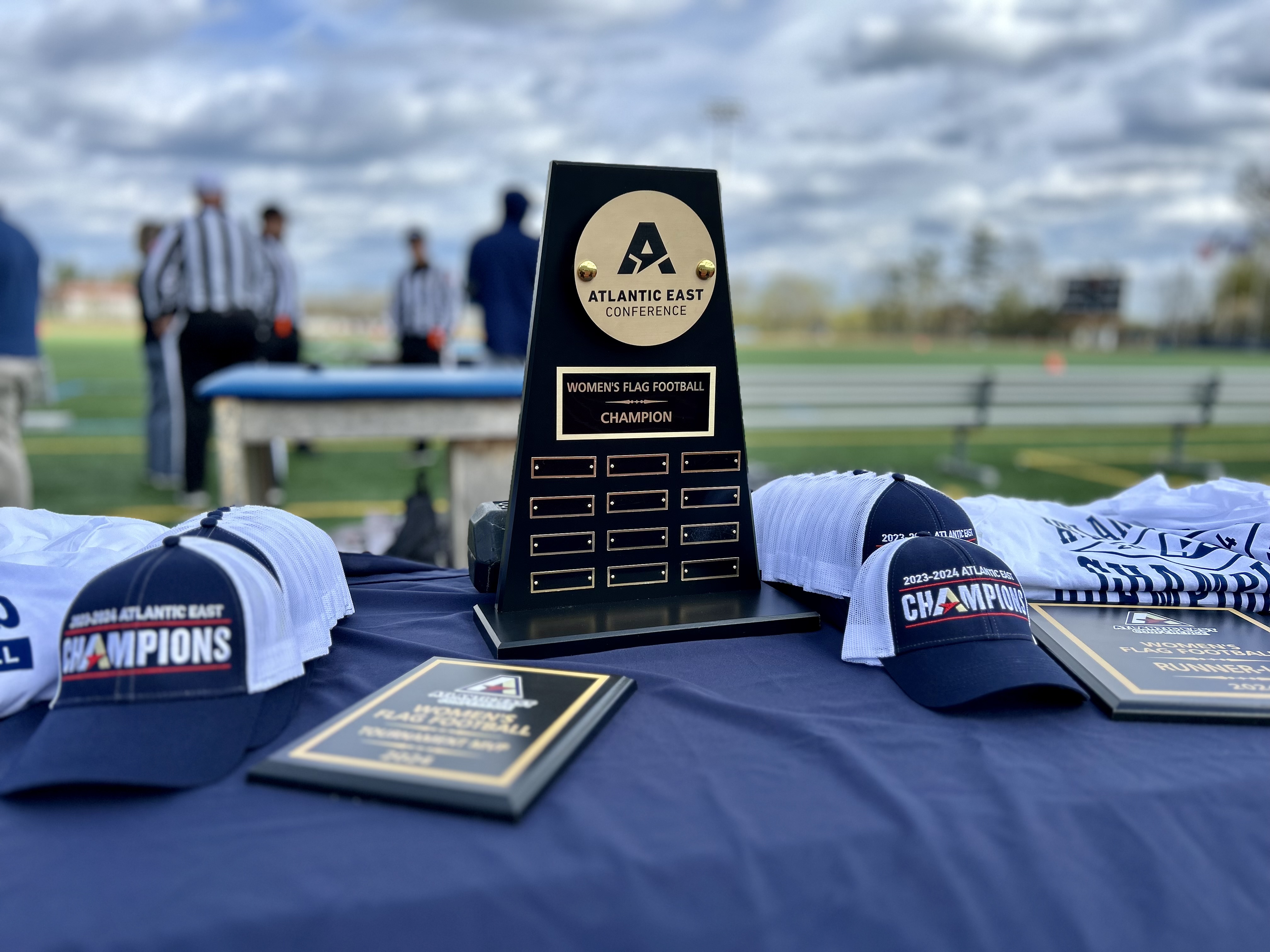
Legendary Philadelphia baseball writer Bill Conlin is heading into the Hall of Fame this weekend in Cooperstown, New York. Old One Chair is receiving the J.G. Taylor Spink Award, the highest honor for a baseball writer.
As a person who writes about sports solely on the Internet, I'm not supposed to really like Conlin. Or something like that. Truth be told, I've thoroughly enjoyed reading his columns over the years. The guy is a walking Phillies encyclopedia who can flat out write. As cliche as it is, Conlin is an institution. Sure, he's as curmudgeonly as humanly possible, but that's part of what makes him the undisputed elder statesman of Philadelphia sportswriters. I disagree with him on a few things, either the premise of an entire column or a line or two in a column I otherwise agree with. But while disagreeing, I'm rarely thinking, "Conlin is wrong."
If you send him an email to argue, you'll often get an argument. If you send him compliments, probably just a "Thank you." He's seen his share of controversy, including that time he evoked Hitler when discussing bloggers. He also didn't vote for Nolan Ryan to get into the Hall. What a dick.
Stay in the game with the latest updates on your beloved Philadelphia sports teams! Sign up here for our All Access Daily newsletter.
Still, it's amazing that someone has written about sports so well for such a long time. Sure, he's not the first, but he's the guy in our city whom we've all read. To me, Conlin is about the stories, the minor anecdotes that show up in his columns. The stuff that it takes both a phenomenal memory and all those decades of experience to put on paper. He's been doing his job longer than most of us have been breathing. There's absolutely something to be said for longevity. He's 77 years old and could easily write for another decade. At least, I hope he does.
I can't remember things that happened two seasons ago and Conlin is not only spouting off the Phillies lineup from a random game against the Mets in 1967, he's also telling you which guy had the best quote that day.
Rich Hofmann does a wonderful job capturing Conlin in his column from yesterday's Daily News. It's a column that pays homage to the great writer, but also demonstrates just how much the craft of sports writing has changed over the years.
His goal was to tell his readers why, not what. He would shove the score into the game story, usually, but the rest was his personal canvas. If he wanted to write the whole story about a botched rundown in the fourth inning, peeling the sequence apart like an orange, he would.
In the clubhouse, the insights of the principals in the rundown would be recorded. But that was only the beginning. Because Conlin knew what he had seen but he also knew that there was a group of scouts and broadcasters and team executives gathered around a table and a cocktail in the press lounge at the Vet. Conlin would join them - to learn more, and because he was thirsty.
News
These days, you're lucky if one or two players even address the media in the Phillies clubhouse. Now, I'm far from a beat reporter, and about as green as it gets, but I get to my share of games at Citizens Bank Park, and I can't fathom sitting around drinking cocktails with such a group.
Then there's the strange hours and standing around:
Most baseball writers get to the park at 3 p.m. and begin reporting in the clubhouse soon after. By careful scientific measurement, approximately 82.6 percent of that time is a complete waste of time, but you do it for the other 17.4 percent of the time when something might actually happen.
It's so true. The first couple of times I ever covered a baseball game last season, I was baffled by the amount of standing around. Initially, I thought it was all so unproductive. I could have been blog, blog, blogging away about something rather than standing around in the dugout watching batting practice.
But then at a certain point it started to make sense. In the midst of all of this standing around, you'd get an anecdote about Charlie Manuel throwing batting practice, or the time he went out to dinner with George Steinbrenner back in the 70's. Or you catch Shane Victorino riding on a lawnmower at Wrigley Field. Or you could be sitting in the dugout when an assistant general manager starts talking off the record about the trade deadline, giving invaluable insight.
All of that down time pays off in fantastic little nuggets that only the sports writer can experience, which I think, I hope, is reason enough for the 82.6 percent.
Hofmann goes on to perfectly explain how different things are today than when they were back in the day. Damn Al Gore.
These days, Conlin's current feud is with bloggers, what he calls "dot-commers," as well as sabermetricians. It really is a different world. I'm not sure what kind of newspaper beat man a young Bill Conlin would have made in 2011: wake up, blog, get to the park early, write a pregame notes story for the website, blog, write notes for the paper, Twitter during the game, spend only about 20 minutes in the clubhouse, file the game story by 11 p.m., maybe touch it up for the last edition, shoot a short video, blog.
Given the current demands, nobody is ever again going to cover a baseball team for 20 years. And the great irony is that the people who have the best chance in 2011 to do it like Conlin did it in 1971 are the dot-commers, like Stark at ESPN.com, who can stay in the postgame clubhouse forever, searching for that singular anecdote, before sitting down to write.
Pretty spot on. I've seen Stark lingering around the Phillies clubhouse and have to think it's a similar fashion to what Conlin did back in the day. Stark doesn't have to ask about details of a common game story, he can go after the minutiae that is really fascinating, like what exactly Roy Halladay is thinking when he talks to an ump between innings.
As mentioned before, there's absolutely something to be said for longevity. Guys like Jayson Stark get the better angles because they're always there, they've been there for years. The players recognize them, they know he's a baseball guy who wants to talk about the intricacies of the game. Players almost volunteer their anecdotes and wisdom to experienced guys like that. On the flip side, players often look at younger, newer faces like we should be getting the hell out of their way.
My first hand experience bumping into Conlin was not of him typing a column away on an archaic typewriter. Nope, the first time I ever ran into him in the press box down in Clearwater he was typing away on an iPad with a keyboard. And yes, he was using an oversized font. During the Phillies-Giants NLCS last year at Citizens Bank Park, he was showing off videos on his iPad like an 8-year-old on Christmas parading his new toy. He also really enjoyed playing the billiards game on that iPad, I recall.
I chuckled. Bill Conlin playing games on an iPad in the press box during the NLCS. (I was probably perusing Facebook myself)
Then I read his column the next day and was amazed at his writing. As usual.
>>The Bill of Writes: Conlin, the choice voice of Philadelphia baseball, to be honored [Daily News]


